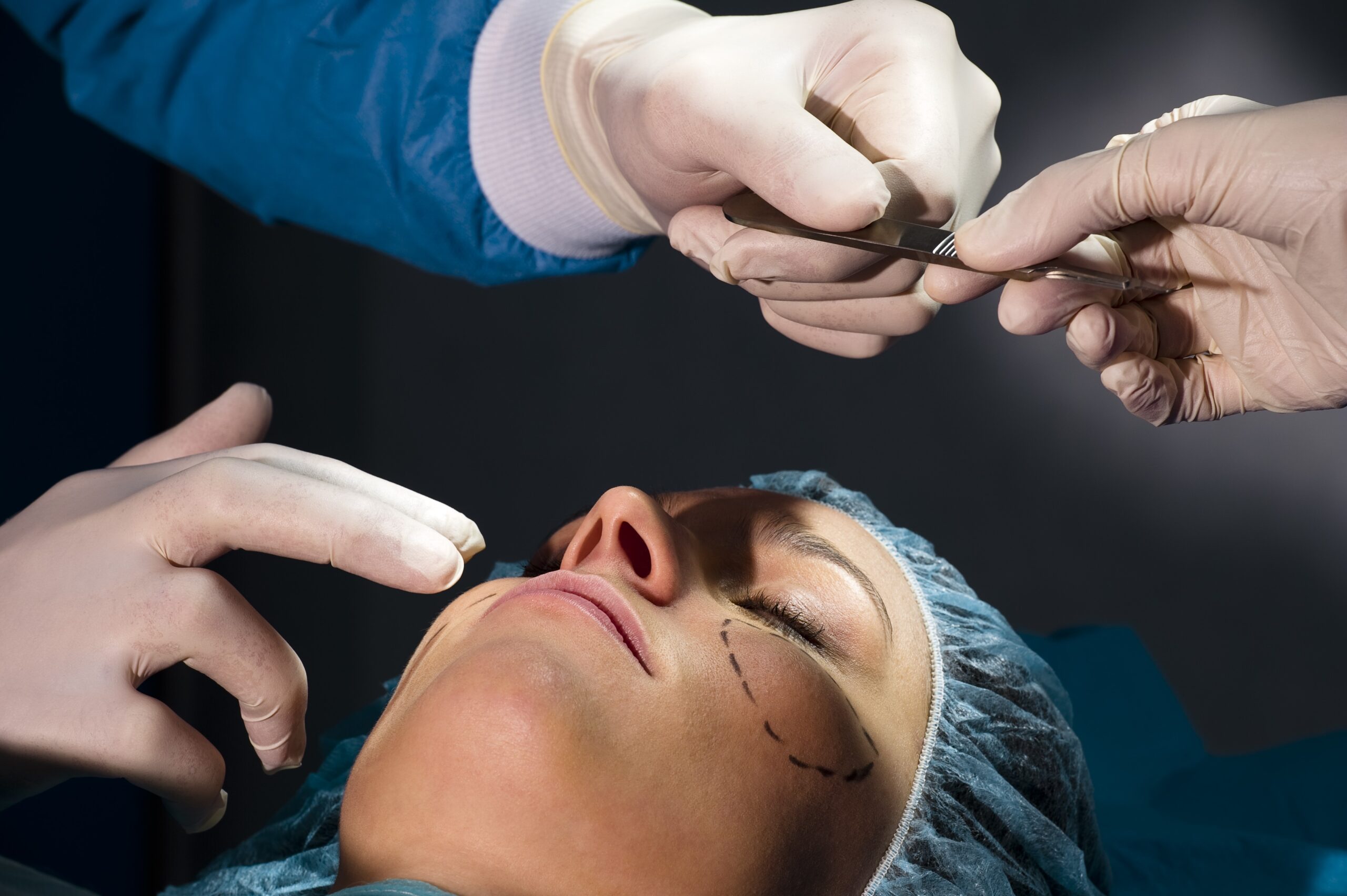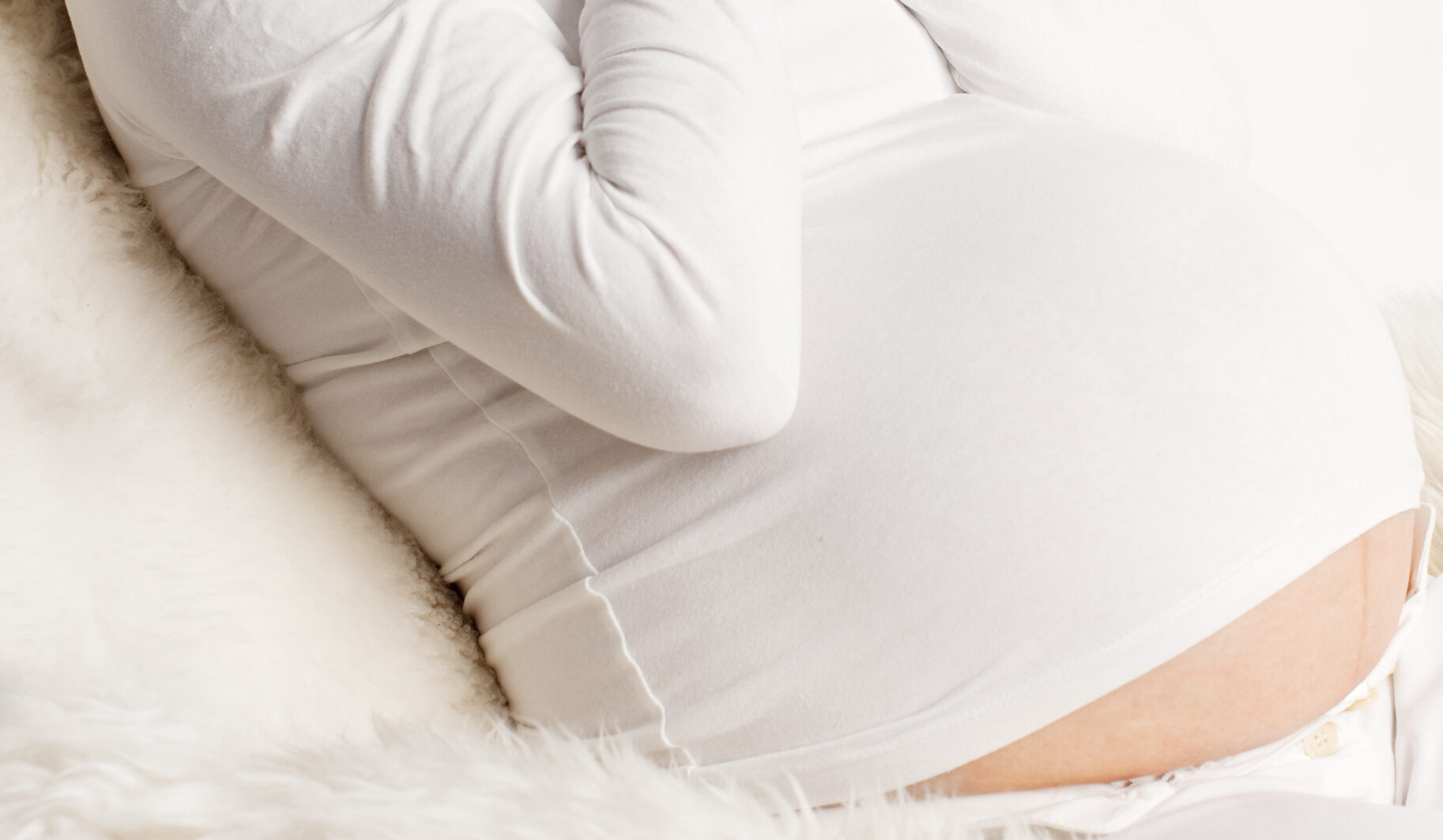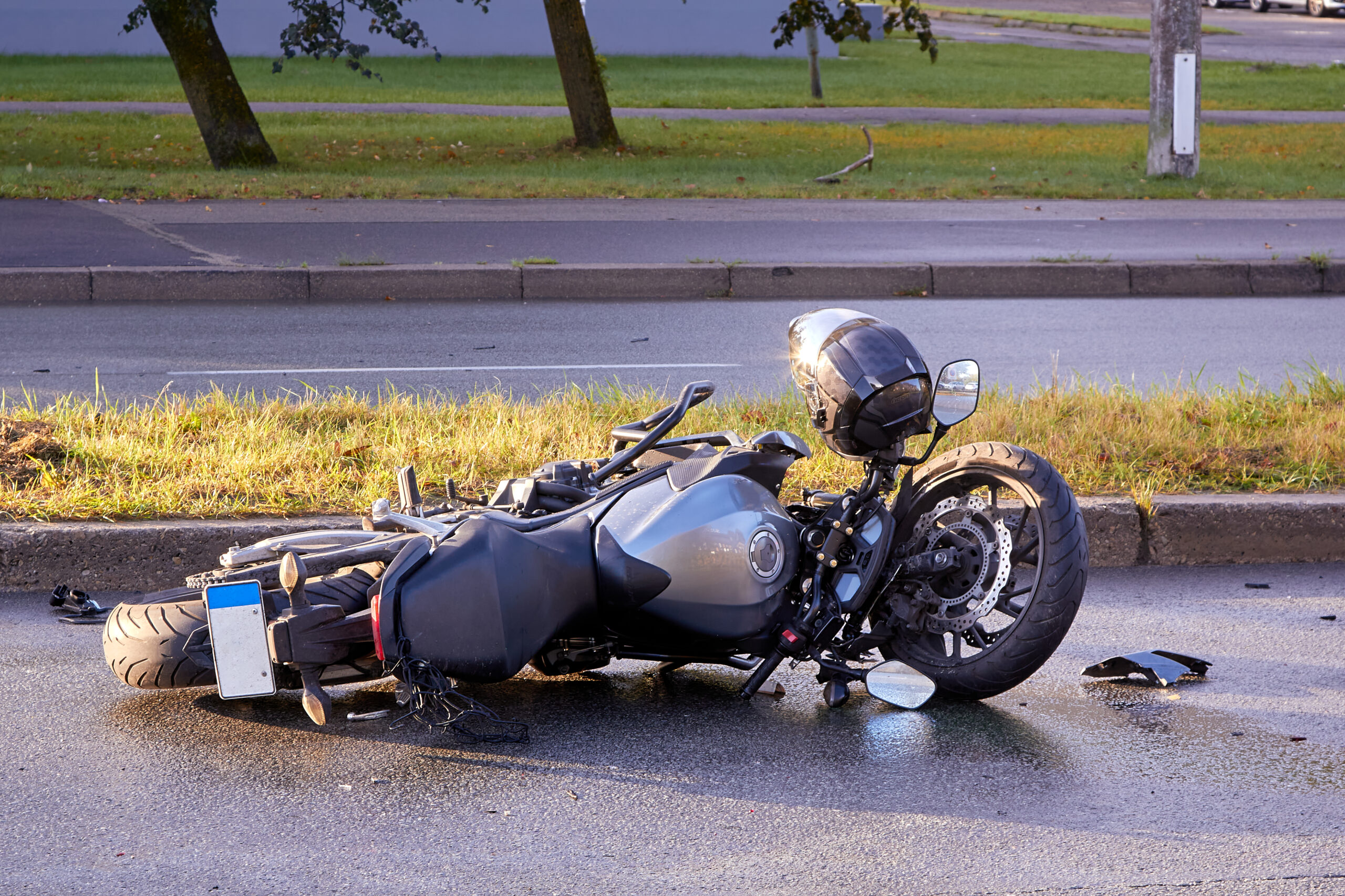In this case note, we discuss the recent NSW Court of Appeal Gomez v Woolworths Group Limited [2024] NSWCA 121 , which offers crucial insights into store safety and liability.
Background of the Case
Unfortunately, it is not uncommon for customers to slip and fall in supermarkets. This case involves an incident whereby Ms Martha Gomez slipped and fell on a piece of mango at a Woolworths supermarket at 5:11pm, injuring her right knee.
The mango had been dropped on the floor at the front of the store by a customer at 5:02pm. It was not disputed that Woolworths owed a duty of care to Ms Gomez. The main issues were whether Woolworths failed to maintain proper cleaning and inspection systems to prevent such an incident from occurring – in other words, whether they had breached their duty of care – and, if they were found to have breached their duty of care, whether that breach had caused Ms Gomez’s injury.
Woolworths maintained that it had an adequate system of inspection and cleaning which included hourly inspections (a “service zero” inspection) and a “clean as you go” system, which required that employees tidy up when they worked in a particular area. In this instance, Woolworths had failed to conduct the usual hourly inspection at 5:00pm prior to Ms Gomez’s fall, as required.
At the of the matter hearing on 21 June 2023, the trial judge found that:
- Woolworths had breached its duty of care, generally, by failing to conduct its hourly inspection as scheduled;
- But that this breach had not caused Ms Gomez’s injury, as the fruit had been dropped after the inspection was scheduled to occur – therefore, even if staff had conducted the inspection in a timely manner as scheduled, it would not have prevented Ms Gomez’s fall.
Issues on Appeal
The appeal focused on two main grounds:
- Additional Breaches of Duty: Whether the trial judge should have found more than one breach of Woolworths’ duty of care to Ms Gomez.
In this regard, Ms Gomez alleged that under the “clean as you go” system, two particular employees (known as Mr Cheong and Mr Stanley) working at the time should have identified and removed the fruit from the floor between
5:02 and 5:11pm. - Causation: Whether the primary judge was wrong in finding that the breach (not conducting the “service zero” inspection) did not cause the injury, loss and damage.
Determination of Ground 1: Alleged Additional Breaches of Duty
Ms Gomez argued that the trial judge should have found additional breaches of Woolworths’ duty of care to her at first instance, asserting that the employees, Mr Cheong and Mr Stanley, should have inspected the front of the store. However, the judges of appeal held that the trial judge was not wrong in his original findings.
They noted that Mr Cheong was not required to “clean as you go” at the time as he had completed his shift and was off-duty when he left the store via the front entrance.
As for Stanley, the judges of appeal agreed that the CCTV footage showed:
- That the location of the dropped fruit was not within his area of responsibility (as he was in the check-out area);
- That it was not clear whether it would have been within his eyeline; and
- That, even if it had been within his eyeline, it would have been difficult to detect.
Determination of Ground 2: Causation
The court upheld the trial judge’s decision that not conducting the “service zero” inspection at 5:00 pm did not cause the injury, as the fruit was dropped at 5:02 pm. Therefore, an inspection at 5:00 pm wouldn’t have prevented the slip and fall accident.
Court of Appeal’s Decision:
The NSWCourt of Appeal upheld the trial judge’s findings that, although Woolworths breached its duty, generally, the relevant breach did not cause the injury. Therefore, Ms Gomez’s claim was dismissed. On 21 May 2024, the appeal was dismissed by the Court of Appeal, and Ms Gomez was ordered to pay Woolworths’ costs.
Legislation Applied
Civil Liability Act 2002 (NSW): legal duty of care and causation.
Key Considerations:
- Adequacy of Inspections: The court found that the existing systems of inspection were reasonable and that extra inspections wouldn’t have prevented the accident.
- System Implementation: The failure to conduct the “service zero” inspection at 5:00 pm was a breach, but it did not cause the injury since the fruit was dropped after the time the inspection was scheduled to occur.
Lessons for Legal Practitioners
This case highlights important points for handling slip and fall claims:
- Proving Causation: showing a breach of duty isn’t enough; you must also prove that the specific breach caused (was a necessary condition for) the injury to occur.
- Probative Evidence: gather and adduce comprehensive evidence, such as CCTV footage and expert testimony, to support your claims.
Conclusion
The decision in Gomez v Woolworths Group Limited [2024] NSWCA 121 shows the importance of safety protocols and understanding causation in personal injury cases. Whilst stores must maintain robust systems to manage safety, there is also an onus on consumers to exercise due care and keep a proper lookout. Systems can only go so far in protecting customers; but individual responsibility plays a crucial role. Legal professionals need to navigate these complexities carefully to protect their clients’ interests.
For personalised legal advice and representation in personal injury cases, The Law Office of Conrad Curry is here to help. Contact us for a consultation to protect your interests and achieve successful outcomes in your legal matters.
Disclaimer
This article reflects the current law at the time of publication. It is intended for informational purposes only and does not constitute legal advice. The actual decisions in each case are summarised for general understanding. For specific legal guidance related to your situation, please consult with a qualified legal professional.










